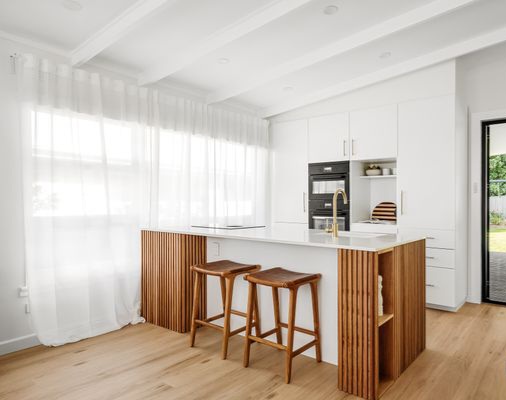The world of real estate investment is constantly evolving, with new opportunities and challenges emerging every day. For those looking to make a smart investment in the real estate market, choosing the right location is crucial. The best cities for real estate investment can vary depending on a number of factors, such as economic growth, population growth, job opportunities, and overall market stability. In this article, we will explore some of the top cities around the world that are currently considered to be hotspots for real estate investment.
One of the top cities for real estate investment is Dubai, in the United Arab Emirates. Known for its stunning architecture and luxurious lifestyle, Dubai offers a booming real estate market with a high potential for capital appreciation. The city’s population is growing rapidly, and with a strong economy and government support for foreign investment, Dubai is a popular choice for real estate investors looking to diversify their portfolios.
Another city that is considered a prime location for real estate investment is London, in the United Kingdom. With a stable economy and a high demand for housing, London offers a safe and profitable investment option for those looking to break into the real estate market. The city’s strong rental market, vibrant cultural scene, and diverse population make it an attractive choice for both domestic and international investors.
In the United States, cities like New York, Los Angeles, and Miami are also top picks for real estate investment. These cities offer a mix of high rental yields, strong job markets, and a diverse range of investment opportunities. New York City, in particular, is known for its skyrocketing property values and high demand for rental properties, making it a popular choice for investors looking for long-term growth potential.
Other cities around the world that are gaining attention from real estate investors include Berlin, in Germany, and Tokyo, in Japan. Both cities offer a stable political and economic environment, as well as strong cultural and entertainment attractions that make them attractive options for real estate investment.
Ultimately, the best city for real estate investment will depend on your individual goals, risk tolerance, and investment strategy. It’s important to thoroughly research and analyze the market trends and economic indicators of a city before making a decision to invest. By choosing a city that offers strong growth potential, a stable market, and a diverse range of investment opportunities, you can maximize your chances of success in the real estate market.










